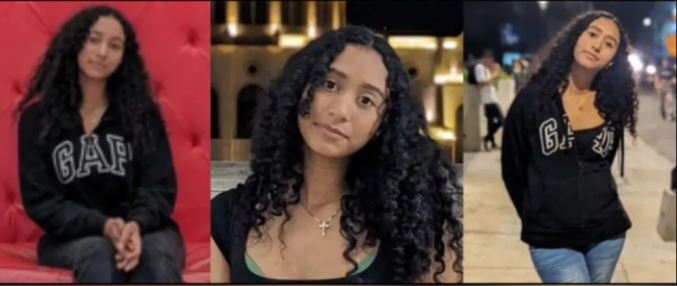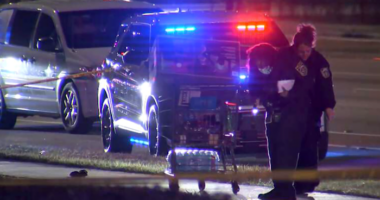Share this @internewscast.com
Recording artist D4vd has mostly stayed under the radar while Los Angeles police look into the tragic finding of a teenage girl’s body in a Tesla linked to the R&B singer, but that hasn’t stopped him from making some significant moves.
As per legal papers obtained by TMZ, D4vd, whose real name is David Anthony Burke, transferred the deeds of two properties in the Houston area into a trust for his mother last month. One of these properties includes a residence that was the target of a “swatting” hoax on September 18, which involved some of his family members.
D4vd’s career has been effectively paused since September 8, when the remains of Celeste Rivas Hernandez were discovered in the front trunk of his Tesla. The car had been abandoned and towed from Hollywood Hills, near the singer’s rented accommodation, before this shocking discovery was made.
Celeste Rivas Hernandez had been missing from her Lake Elsinore, California home since early 2024 when she was 13 years old. Officials have not yet determined an official cause of death.
Police have not named D4vd as a suspect in the case, but they did search the rental property where he had been staying. Representatives of the singer state that the 20-year-old has been cooperating with the authorities.

Tesla could yield answers, experts say
D4vd’s 2023 Tesla, equipped with numerous sensors and cameras, might provide a lot of critical information, depending on its configuration, according to digital forensic expert Jason Lewis.
“If ‘Sentry Mode’ was actually activated on the vehicle, then it’s doing a lot of recording of video footage from its eight external cameras,” he said, referring to the security system for parked and locked Teslas. “You’d actually have clips of the people actually opening the door, a clip of someone opening the trunk, and that could possibly be recovered by the police.”
If Sentry Mode was not activated, there would not be footage recorded by the stationary vehicle. Another thing to consider, Lewis told “Banfield” recently, is that owners can delete videos remotely if any were recorded, though police may still have a chance of recovering the information.









